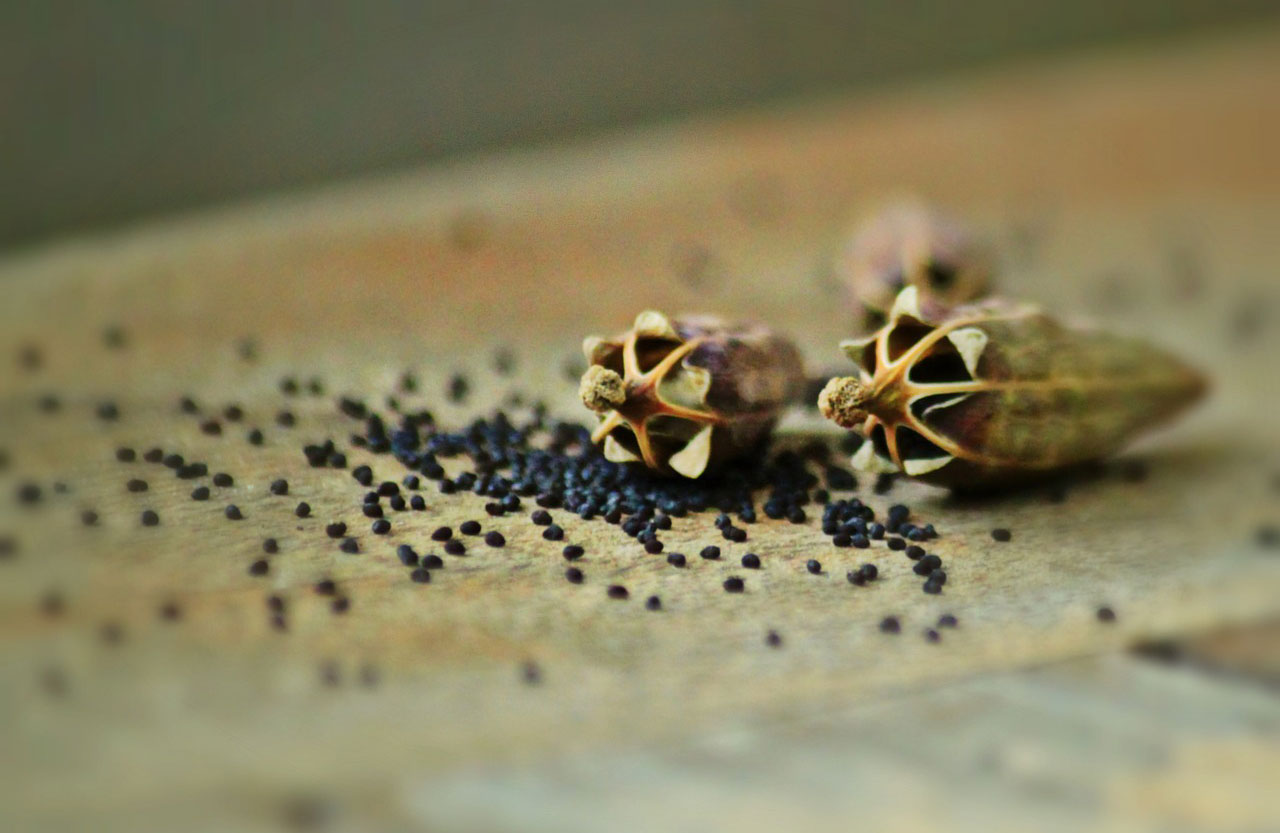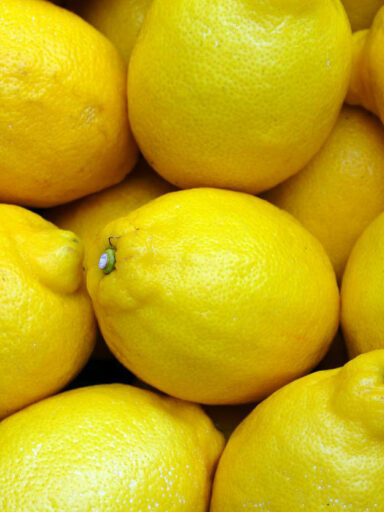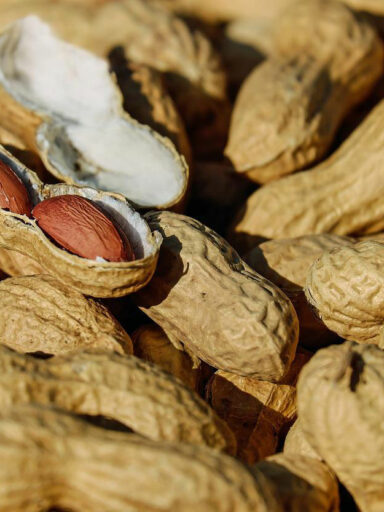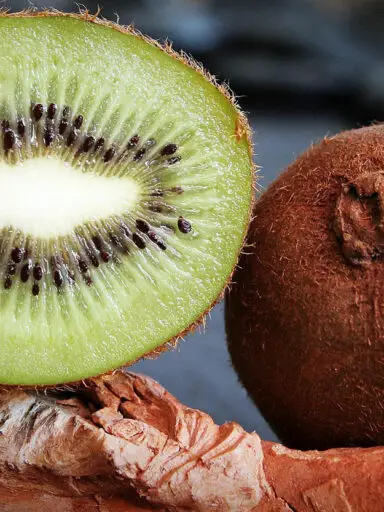The poppy seed is a very small kidney-shaped oilseed used as a popular ingredient in food recipes as well as pressed for extraction of poppyseed oil. The seed tends to grow to about a millimeter or less in length and takes thousands of them just to make one gram in weight.
The poppy seed comes from the poppy plant of the family Papaveraceae with the scientific name Papaver somniferum. The plant is also known as the opium poppy. It is good to note at this point that the seeds are in no way harmful in terms of drug content within them. The seeds like all parts of the plant contain varying levels of opium alkaloids, especially morphine and codeine.
Eating foods with poppy seeds in them can trigger false positive drug tests. The poppy seed is prohibited in a number of countries because of these alkaloids or because of its possible use in growing new poppy plants. Some of the countries where poppy seeds are banned include China, Singapore, Taiwan, Saudi Arabia, and the United Arab Emirates.
Poppy seeds are available in store throughout the year either whole or ground into powder. They oxidize and turn rancid pretty fast due to the high levels of polyunsaturated fats. With that in mind, it would, therefore, be advisable to buy the whole seeds rather than the ground ones.
The seeds will keep for up to six months if stored in an airtight container in a cool, dry, and dark place.
Using the Poppy Seed for Culinary Purposes
The poppy seed is loved for its delicate, mildly nutty flavor. They can be roasted over mild heat in a pan or fried. This improves the flavor subsequently improving the dish into which it has been imparted. It can also be ground into a thick paste and used as a thickening agent (khus khus) in dips, and curry dishes.
The seeds can be sprinkled as a garnish on salads, bread, and seafood. You will also find it used in bagels, cakes, biscuits, rolls, sweet bread, and stuffing.
Some popular dishes which have poppy as an ingredient include kuskus payasam from India which is poppy seed milk. Others are Strudel and Germknodel from Austria and Hungary respectively.
Health and Nutritional Benefits
Allergic causes of the seed are rare and can be considered safe for pregnant mothers and children alike. It is also not a good choice for sports personalities to ingest as the seed may trigger positive drug test results.
The seeds are rich in antioxidants and disease-preventing properties. They are rich in oleic and linoleic acids. They are very rich in dietary fiber, oils and fats, protein, carbohydrates, and energy.
They provide 525 calories per 100 grams and they contain no cholesterol. The seeds are rich in B-complex vitamins including folates, niacin, pantothenic acid, pyridoxine, riboflavin, and thiamin. They are also a good source of vitamin E.
The poppy seed is also very rich in minerals including copper, iron, manganese, phosphorous, calcium, magnesium, selenium, and zinc. It is also a good source of potassium and comes with lesser amounts of sodium.
The plant is believed to originate from the East Mediterranean and Asia Minor regions with Egypt having evidence of early use of the seeds. The plant grows well in regions with fertile soil and plenty of sunlight. Mature plants reach a height of up to five feet.
The plant produces a fruit that contains seeds. This fruit grows to about 4 to 6 centimeters in length and 3 to 4 centimeters in diameter. The seeds contained within them are white and light gray to dark gray, or black in color.



